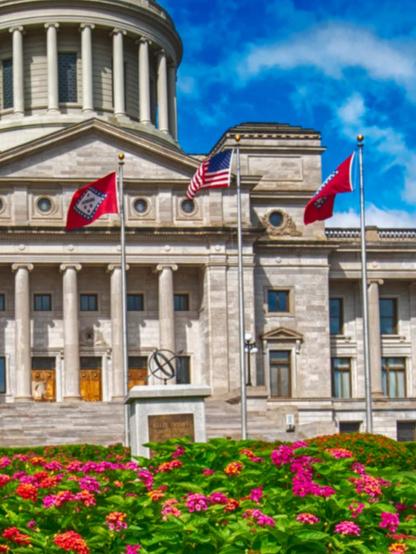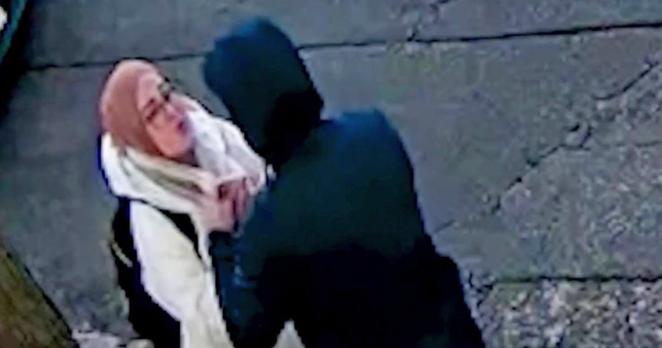State by State Pending and Recently Passed #AntiProtestLaws: #Illinois
HB 2357: New penalties for protests that #BlockTraffic
Would create a new felony offense for protests that block traffic on highways and other busy roadways for more than five minutes. Existing Illinois law already prohibits protests or other assemblies on roadways without a permit or other permission from law enforcement, and requires that such assemblies not obstruct pedestrian or car traffic “in an unreasonable manner;” violations are a Class A misdemeanor offense. Under the bill, blocking “an exceptionally busy public right-of-way” for more than five minutes in a way that prevents “or would prevent” passage of an emergency vehicle, is a Class 4 felony. As written, the felony offense applies regardless of whether an emergency vehicle was actually blocked, or whether the roadway was “exceptionally busy” at the time it was blocked. “Exceptionally busy public right-of-way” is defined as a public road that typically carries at least 24,000 cars daily. The bill would also newly preempt cities and counties from enforcing a more lenient rule related to protests and demonstrations on roadways. The same bill was introduced as HB 5819 during the 2023-2024 session.
Full text of bill: https://www.ilga.gov/legislation/billstatus.asp?DocNum=2357&GAID=18&GA=104&DocTypeID=HB&LegID=160067&SessionID=114
Status: pending
Introduced 4 Feb 2025.
Issue(s): Traffic Interference
HB 1480: NEW PENALTIES FOR PROTESTS NEAR CRITICAL INFRASTRUCTURE
Would create a new felony offense that could cover #NonviolentProtesters at pipeline and other infrastructure sites. Under the bill, someone who knowingly “vandalizes, defaces, tampers with” or damages part of a critical infrastructure facility commits a felony. If the “value of the property” (not the cost of the damage) is less than $500, the offense is a Class 4 felony, punishable by 1-3 years in prison and up to $20,000; if the property value is $500-$10,000, it is a Class 3 felony (2-5 years and $20,000); and if the property value exceeds $10,000, it is a Class 2 felony (3-7 years and $20,000). The bill newly defines "critical infrastructure facility" under Illinois law to include gas and oil #pipelines and a range of pipeline-related facilities, as well as electric, water, telecommunications, railroad, and “health care” facilities, regardless of whether they are fenced off or clearly marked with signs. As such, a protester who chalked or spraypainted a pipeline without damaging its functionality could face felony charges and a lengthy prison sentence if convicted. The bill extends liability to anyone who “conspires with” a person to commit the offense. It also provides that critical infrastructure owners can sue for punitive and compensatory damages. The same bill was introduced as HB 4746 in the 2023-2024 session.
Full bill text: https://www.ilga.gov/legislation/fulltext.asp?DocName=&SessionId=114&GA=104&DocTypeId=HB&DocNum=1480&GAID=18&LegID=157549&SpecSess=&Session=
Status: pending
Introduced 21 Jan 2025.
Issue(s): Civil Liability, #ProtestSupporters or Funders, #Infrastructure
#FirstAmendment #CriminalizingDissent
#Authoritarianism #Fascism #Clampdown #CriminalizingProtest
#CharacteristicsOfFascism #USPol #AntiProtestLaws #PipelineProtests #TrafficInterference



